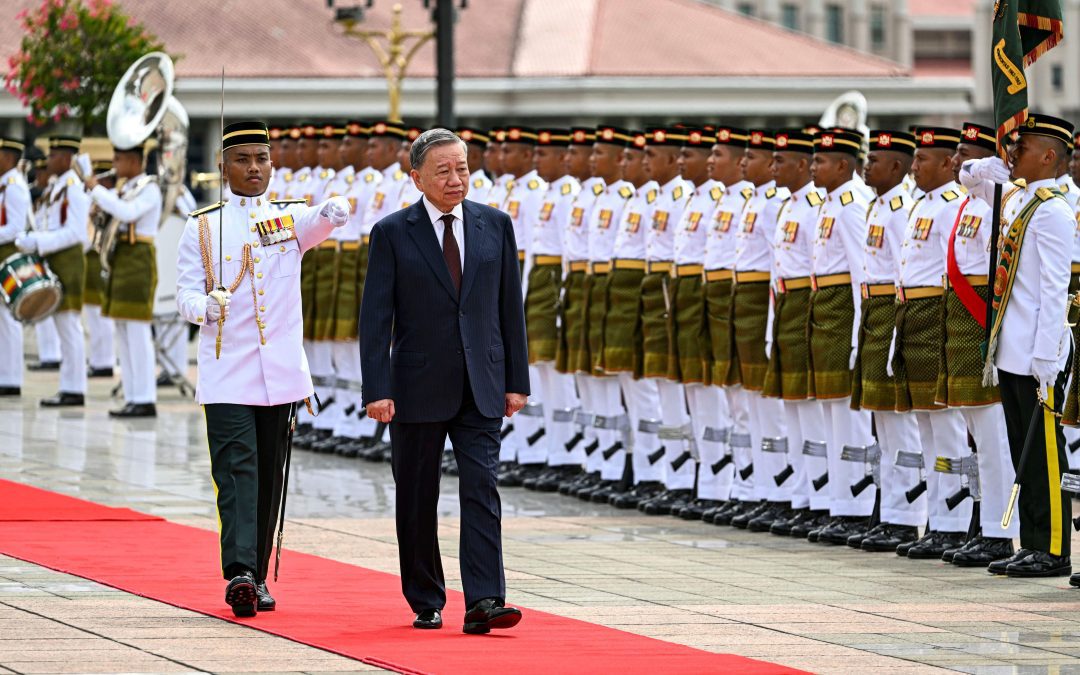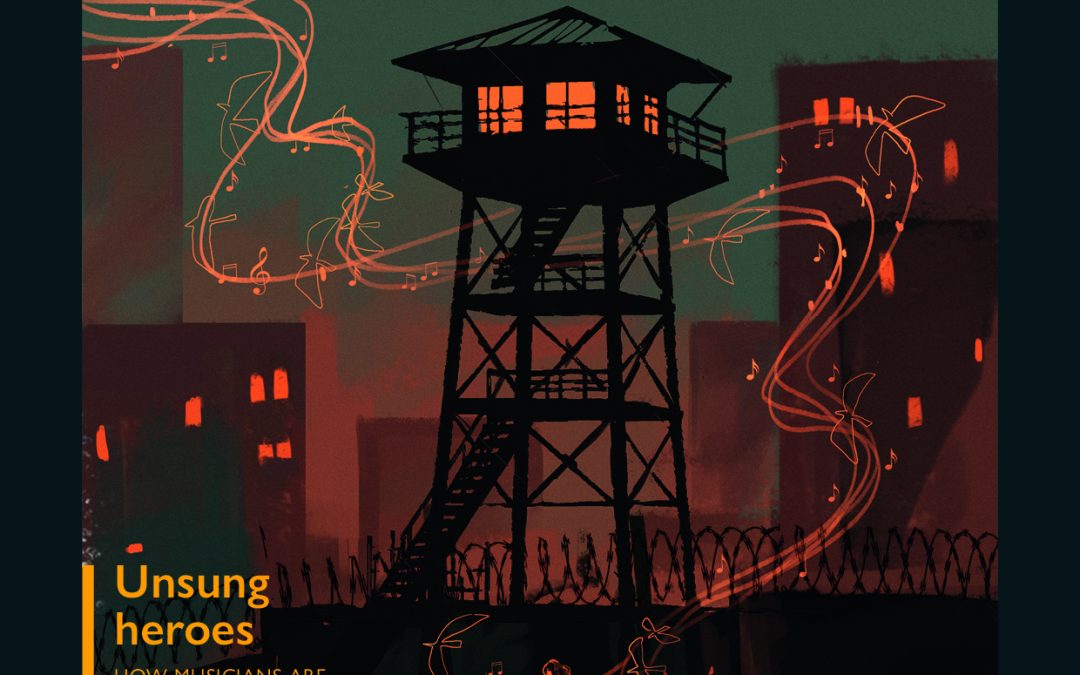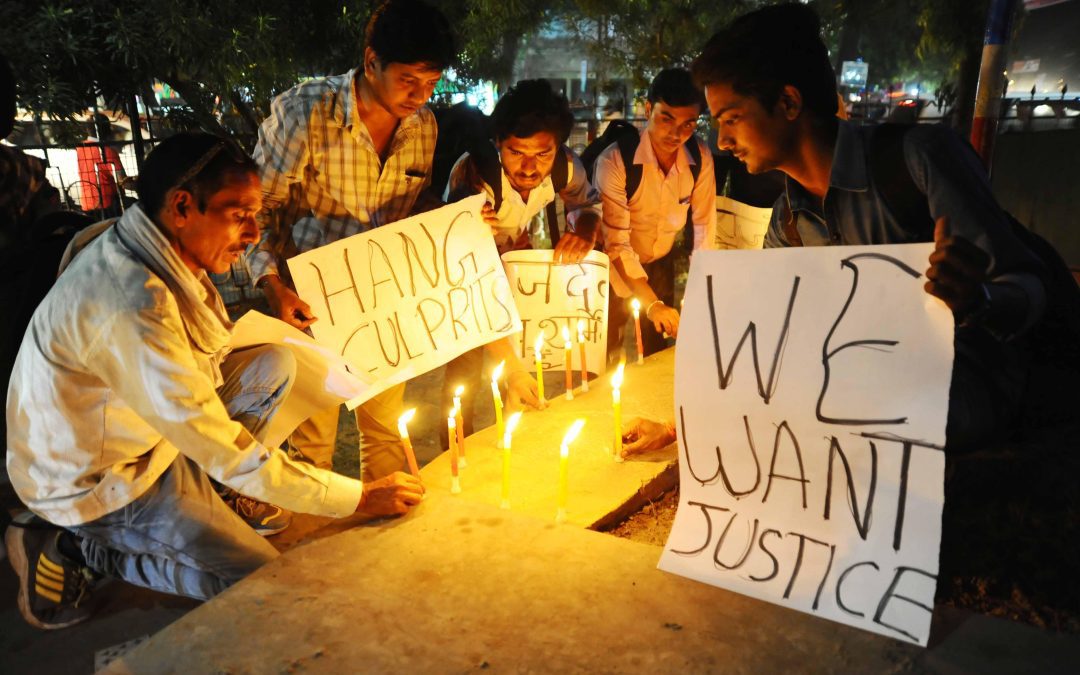While the future looks brighter, the mental health of artists has long been neglected


While the future looks brighter, the mental health of artists has long been neglected

The country’s rich literary history has been plagued by censorship and book bans

Volume 53.04 Winter 2024

Contents

Index looks at why being a scientist in Iran is so dangerous, and what is left behind when advancement is hindered

As physics laboratory Cern ends co-operation with Russia and Belarus over the Ukraine war, Index talks to exiled scientists

The Russian leader is revisiting the Cold War playbook by using mental manipulation to silence dissidents and its use is growing

Angana Chakrabarti reports from the North Eastern region, where government advertising is used as a tool to control the media

Reporting on organised crime in the eastern state of Bihar is a deadly business

Katie Dancey-Downs talks to the scientists who have been censored for questioning the effectiveness of animal testing
A quarterly journal set up in 1972, Index on Censorship magazine has published oppressed writers and refused to be silenced across hundreds of issues.
The brainchild of the poet Stephen Spender, and translator Michael Scammell, the magazine’s very first issue included a never-before-published poem, written while serving a sentence in a labour camp, by the Soviet dissident Aleksandr Solzhenitsyn, who went on to win a Nobel prize later that year.
The magazine continued to be a thorn in the side of Soviet censors, but its scope was far wider. From the beginning, Index declared its mission to stand up for free expression as a fundamental human right for people everywhere – it was particularly vocal in its coverage of the oppressive military regimes of southern Europe and Latin America but was also clear that freedom of expression was not only a problem in faraway dictatorships. The winter 1979 issue, for example, reported on a controversy in the United States in which the Public Broadcasting Service had heavily edited a documentary about racism in Britain and then gone to court attempting to prevent screenings of the original version. Learn more.